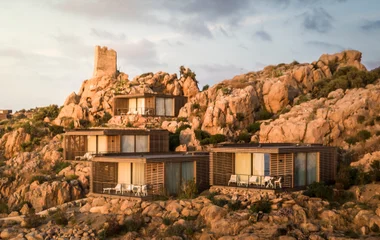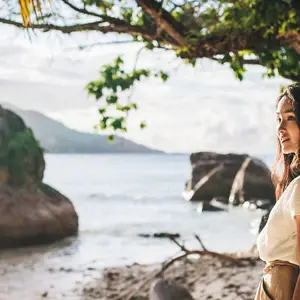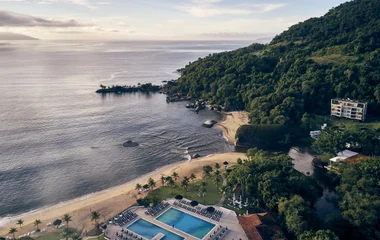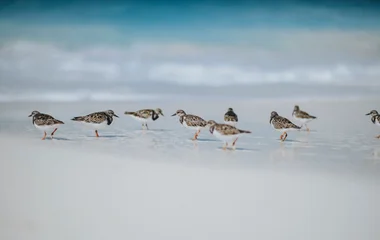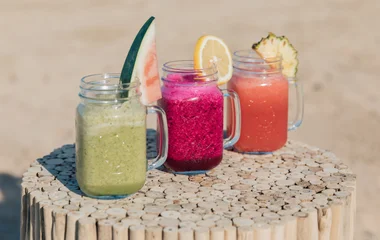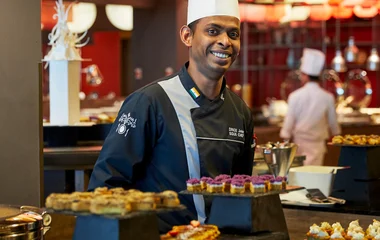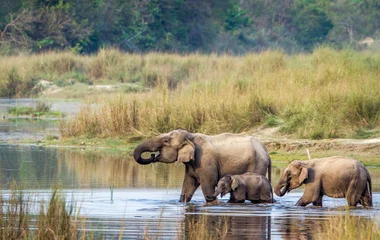With help from specialists, Club Med has been committed for several years to developing its best practices, in accordance with its values.
•** Excursions:**
From 2021, Club Med no longer offer circus activities, elephant rides or swimming with dolphins nor observation of whales, dolphins and porpoises in captivity. We have been supporting our service providers in best practices in this area with the WCA (World Cetacean Alliance).
**
• “Free-range” eggs:**
Club Med is committed to sourcing 100% of eggs from hens raised out of cage in its Resorts in Europe, Brazil and the United States by 2025, and in other markets by 2027. In 2022, 49% of eggs (shell liquid and ingredient) purchased by all Club Med locations around the world come from cage-free sources, including 100% of whole eggs in Europe in particular.
This commitment is part of Club Med's purchasing policy, which states that all purchased products must meet the company's requirements for hygiene and health and safety.
